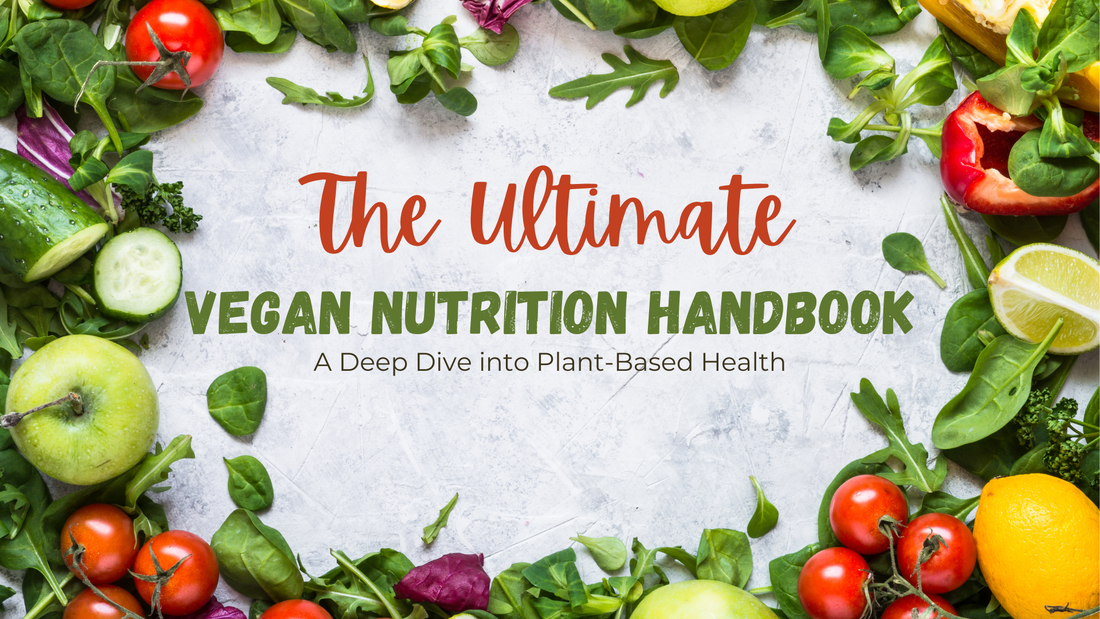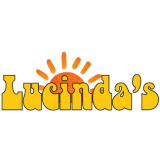
The Ultimate Vegan Nutrition Handbook: A Deep Dive into Plant-Based Health
Ben KirkpatrickShare
Welcome to our in-depth exploration of vegan nutrition. This guide is a treasure trove of information for anyone embarking on a plant-based journey, looking to deepen their understanding of vegan nutrition, or simply curious about the health benefits of a vegan diet.
Understanding Vegan Nutrition
Vegan nutrition is about more than just eliminating animal products; it's about carefully selecting a variety of foods to fulfill your nutritional needs. A well-planned vegan diet can be rich in essential nutrients, providing all the necessary elements for a healthy lifestyle.
Protein in a Vegan Diet
Proteins are fundamental building blocks for the body, and a common concern about vegan diets is the source of protein. Plant-based proteins such as lentils, chickpeas, black beans, tofu, tempeh, seitan, and quinoa are not only rich in protein but also offer a variety of other nutrients like fiber, vitamins, and minerals. Understanding how to combine these proteins can ensure you get all the essential amino acids your body needs.
The Importance of Micronutrients
Vitamins and minerals are crucial for maintaining good health. Nutrients that need attention in a vegan diet include:
- Vitamin B12: Essential for nerve function and blood cell production, usually supplemented in a vegan diet.
- Vitamin D: Important for bone health. Sun exposure and fortified foods can help meet vitamin D needs.
- Iron: Plant-based iron (non-heme iron) is found in lentils, chickpeas, and spinach. Consuming vitamin C-rich foods alongside can enhance iron absorption.
- Calcium: Essential for bone health, found in fortified plant milk, tofu, and leafy greens.
- Omega-3 fatty acids: Crucial for heart and brain health, found in flaxseeds, chia seeds, and hemp seeds.
Balancing a Vegan Diet
A balanced vegan diet includes a variety of fruits, vegetables, whole grains, nuts, seeds, and legumes. It's important to plan your meals to include these food groups in order to meet your nutritional needs.
Myths and Misconceptions
There are several myths about vegan diets that need addressing:
- Protein Deficiency: A well-planned vegan diet provides enough protein.
- Lack of Variety: Vegan diets can be incredibly diverse and flavorful.
- Expensive: Plant-based diets can be economical, especially when focusing on whole foods rather than processed vegan products.
Vegan Recipes and Meal Ideas
To help you get started, here are a few simple and nutritious vegan recipes:
- Breakfast: Tofu scramble with spinach and mushrooms.
- Lunch: Chickpea salad sandwich with whole grain bread.
- Dinner: Lentil and vegetable stew with a side of quinoa.
Our veggie burger mixes are also great any time of day. Here are some of our favorite ways to incorporate them throughout the day:
- Breakfast: Southwestern Veggie Scramble (1 serving of Lucinda's chipotle veggie burger mix, onions, peppers, mushrooms, spinach, potatoes, and some nutritional yeast - all scrambled together).
- Lunch: Garden Veggie Burger (1 serving of Lucinda's roasted garlic veggie burger mix, formed and shaped into a patty, and cooked on pan. Top with fresh spring mix and favorite burger toppings, and serve with sweet potato fries).
- Dinner: Spaghetti and "Meatballs" (make your favorite spaghetti recipe, and add in 1 serving of Lucinda's garden veggie burger mix, formed and shaped into little "meatballs").

Exploring Further with Great Life by Lucinda
Embracing vegan nutrition is a journey towards a healthier lifestyle. With the right knowledge and a bit of planning, a vegan diet can be nutritious, satisfying, and beneficial for both your health and the environment.
For those looking for convenient and nutritious vegan options, Great Life by Lucinda offers a range of products that can help enrich your vegan diet. From plant-based snacks to meal starters, we've got you covered on your vegan journey.
